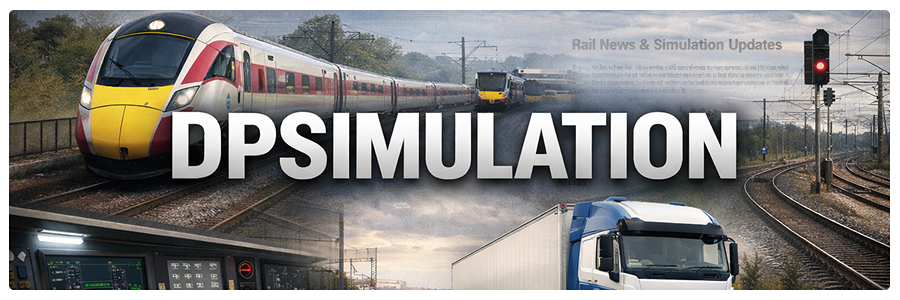SWR Reports £45.5m Annual Loss from Fare Evasion

South Western Railway (SWR) has revealed it is losing an estimated £45.5 million annually due to passengers not paying for tickets. The figure was disclosed following a Freedom of Information request from campaign group SWR Watch, which also found that 3.9% of journeys on the operator’s network are ticketless. SWR, which runs services across London, Surrey, Hampshire, Berkshire, Dorset, Devon, Somerset and Wiltshire, said that despite the losses, fare evasion has fallen by 40% since 2017 and is now at its lowest recorded level.
The figure represents a £5 million increase compared to estimates published in May, and forms part of an industry-wide problem, with fare evasion across the UK costing nearly £240 million a year. The FOI also revealed that SWR spent over £370,000 on hotel and taxi reimbursements for passengers affected by delays and cancellations over the past year. Additionally, 7,293 trains were short-formed, operating with fewer carriages than planned due to faults and operational constraints.
Jeremy Varns, a representative of the SWR Watch campaign group, said he believed the quality of service had declined since the operator was brought under public ownership earlier in the year. “My primary concern is a lack of accountability,” he said. “There’s still no publicly accessible contract between the operator and the government, and passengers continue to experience disruption, delays, and station skipping.”
In response, an SWR spokesperson said the company remains committed to deterring fare evasion and maintaining passenger trust. “Our revenue protection team is focused on effectively bringing down the rate of ticketless travel,” they said. “We have a duty of care to customers, and in times of significant disruption, we make every effort to ensure customers can complete their journeys.” The operator added that only 0.18% of its services were short-formed over the past year, and that the introduction of new trains would provide greater fleet resilience and improved reliability for passengers.
Image: South Western Railway
